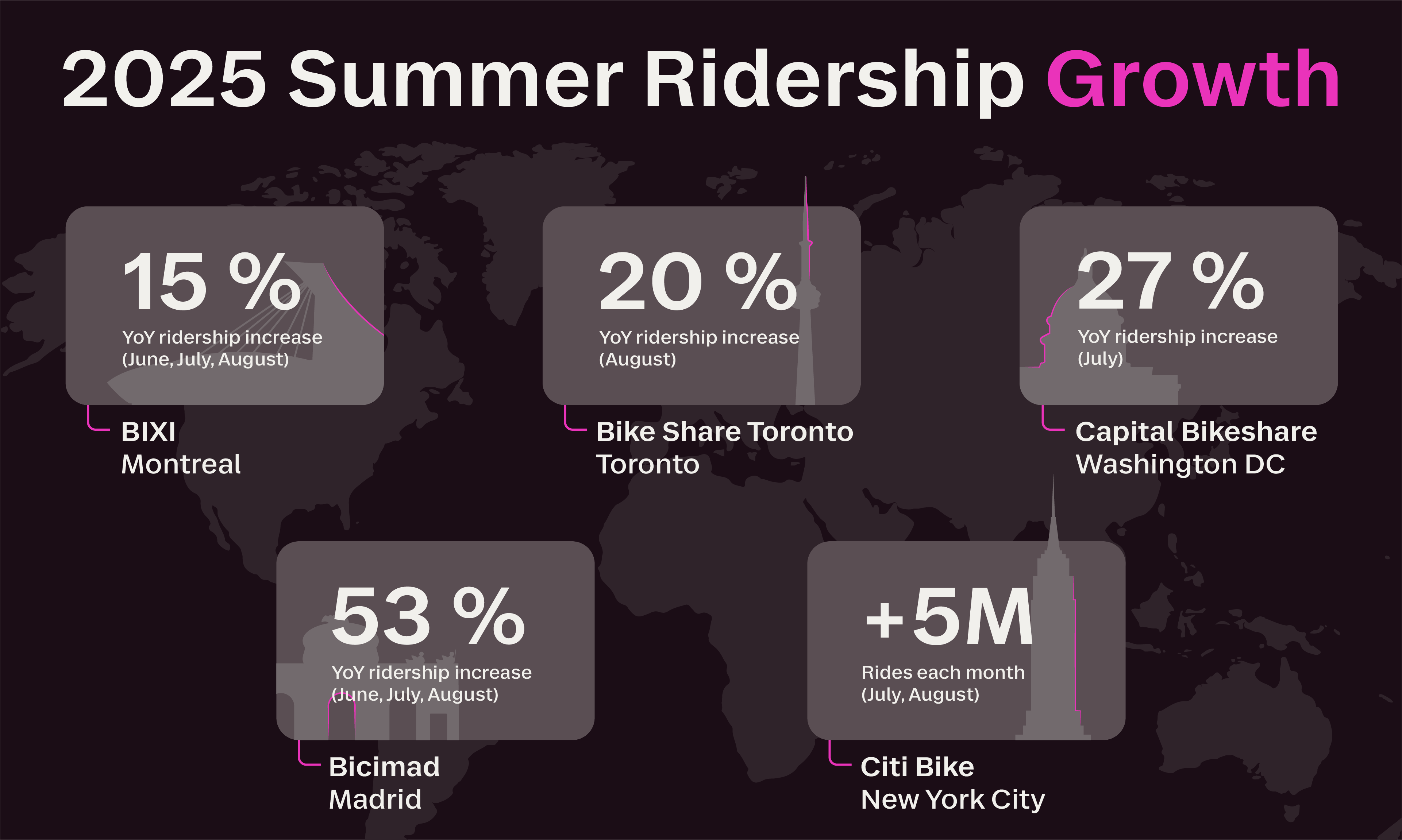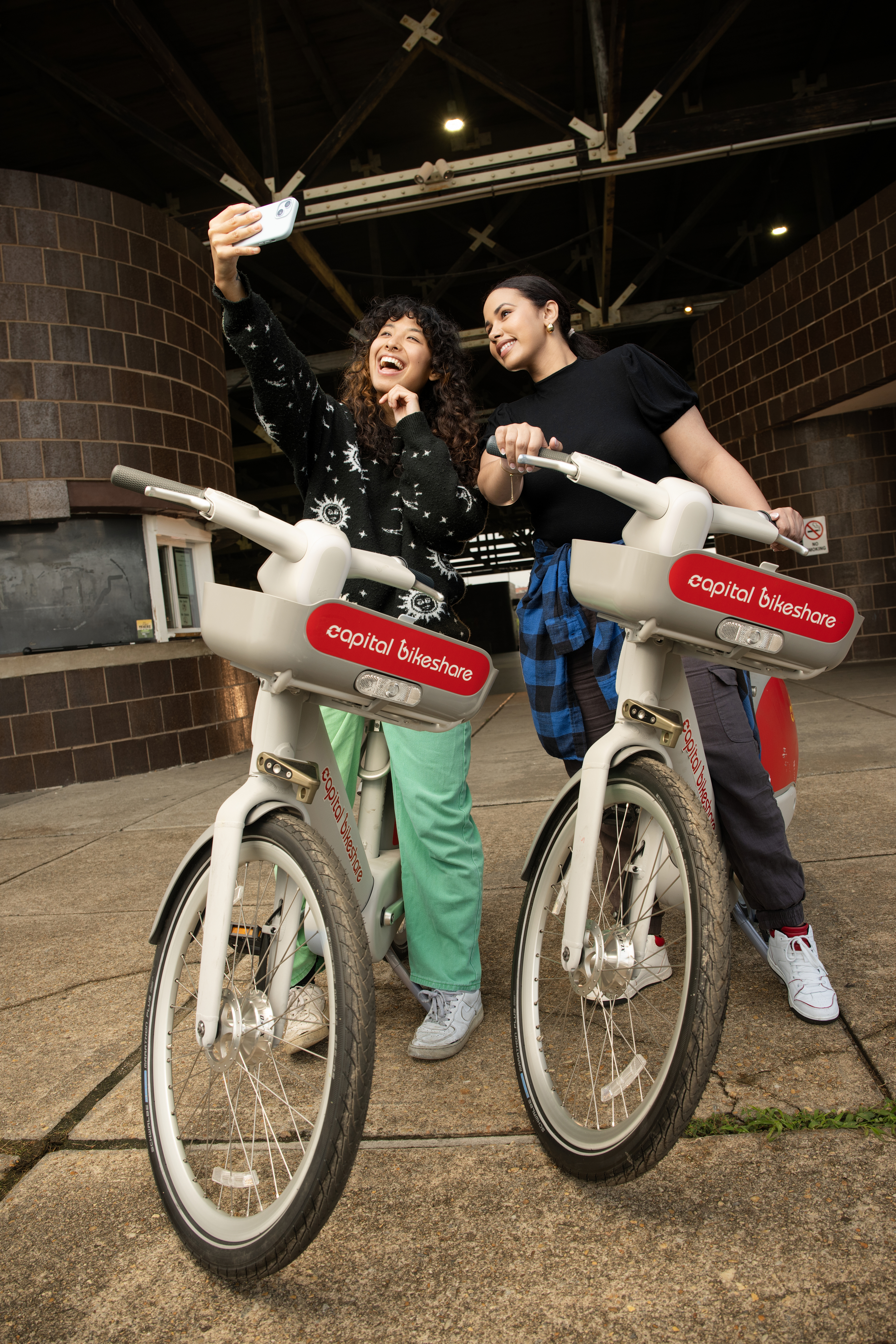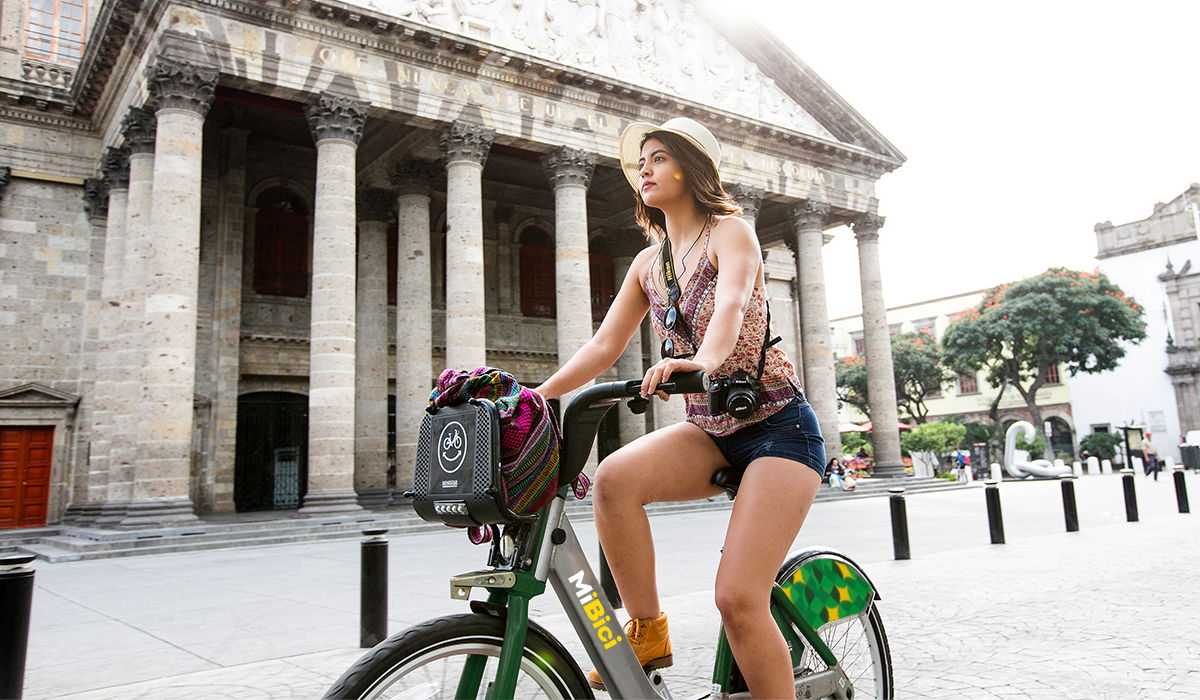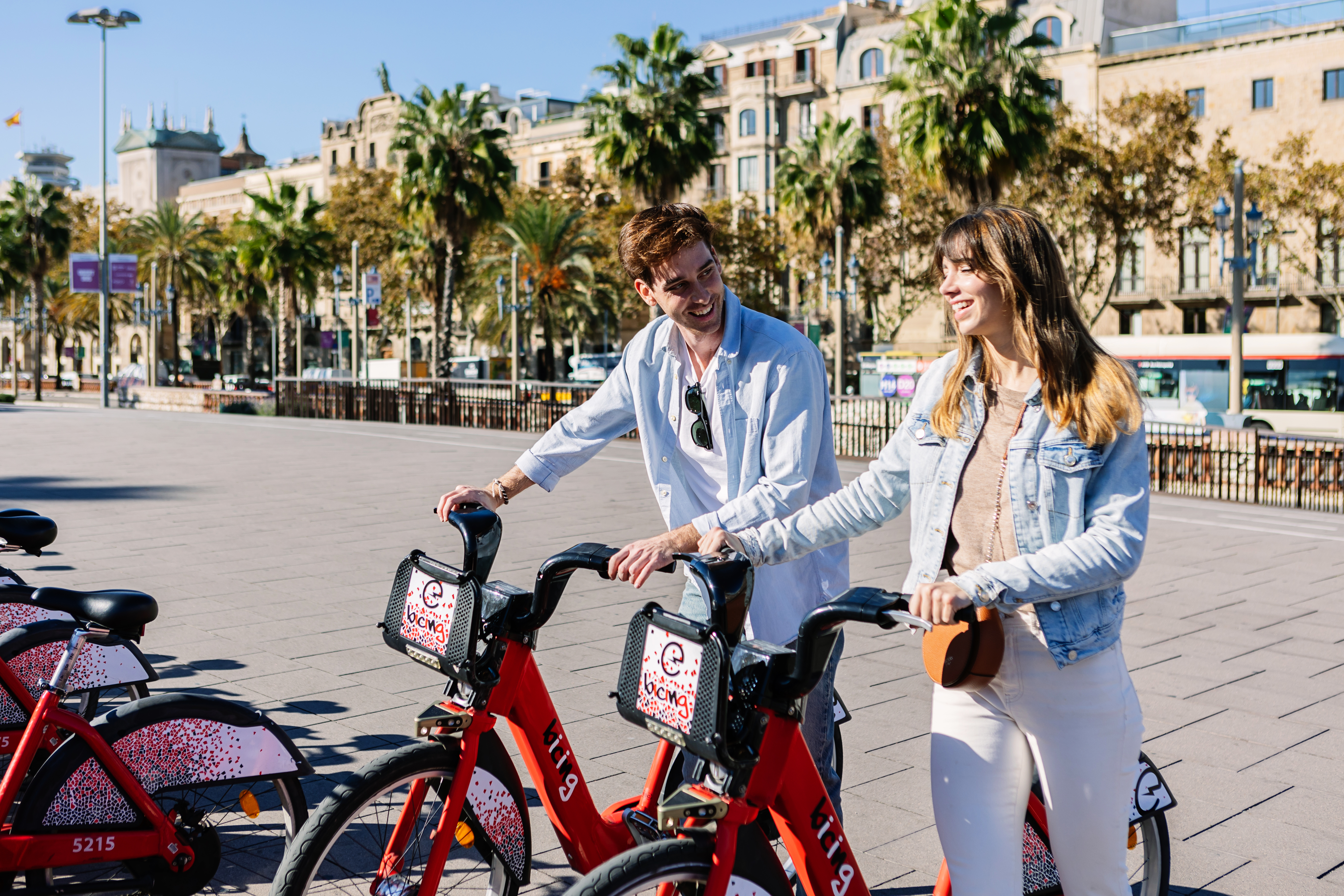
A behind-the-scenes look at Citi Bike operations
February 03, 2026 — Lyft Urban Solutions insightsLyft Urban Solutions insights
World Car Free Day serves as a reminder that cities thrive when people choose sustainable ways to get around, whether it’s on foot, by transit, or, increasingly, by bike. Among these alternatives, bikeshare continues to stand out as a reliable, efficient, and planet-friendly solution.
The past few months brought an unprecedented rise in ridership across our systems worldwide, a powerful reminder of how deeply bikeshare is now embedded in the urban ecosystem. In fact, 71% of riders in Lyft-operated programs said they would have used a car if shared micromobility hadn’t been available (Lyft Multimodal Report 2025).
Today, Lyft Urban Solutions is proud to take a moment to reflect on a summer that was nothing short of historic for bikeshare, not only as a tool for mobility, but as a driving force behind cleaner, healthier, and more connected cities.

In Montréal, BIXI recorded a 15% increase in ridership this summer (June, July and August) compared to the same period in 2024, with more than 2.2 million rides logged in each of the three months. Among the season’s standout moments, BIXI set a new all-time record in June with nearly 100,000 journeys in a single day, highlighting Montréal’s impressive cycling momentum and the system’s vital role in keeping the city moving.
Bike Share Toronto also had a season to remember. The system shattered its daily ridership record in June with over 37,800 rides in a single day, setting the stage for what is shaping up to be its biggest year yet. August alone saw more than 1.1 million trips, representing a 20% increase from August 2024, a strong testament to Toronto’s growing affinity for two-wheeled travel.

Meanwhile, Québec City’s àVélo system reached a major milestone by surpassing one million trips before mid-season. In comparison, the system recorded 1.2 million rides over the entire 2024 operating period (from May through October), making this year’s mid-season momentum all the more impressive.
In New York City, Citi Bike continues to lead the way in sustainable urban mobility. In August, the system set a new all-time record with more than 205,000 rides taken in a single day, 66% of which were on e-bikes, a strong signal that more and more people are choosing quick, convenient electric rides. Citi Bike also surpassed 5 million rides in both July and August 2025, marking an 8% year-over-year ridership increase.
Further south, Washington DC’s Capital Bikeshare (CaBi) recorded more than 705,000 trips in July, up 20% from July 2024. Annual ridership surpassed 4 million rides by the end of July, representing a 27% year-over-year increase. With 43 consecutive months of year-over-year monthly growth, CaBi is not only breaking records, it’s redefining what consistent, scalable success looks like for shared micromobility in the U.S. capital.

Rush hour in Mexico City tells the story best. With more than 25,000 trips recorded during peak hours (typically between 7:00 and 10:00 a.m. and 5:00 to 8:00 p.m.) the Ecobici system has become a fundamental pillar of urban mobility. According to Mexico’s Ministry of Mobility, 67% of Ecobici riders use the service to commute to work or school, with an average trip lasting 17 minutes, contributing to the system's impressive average of up to 10 trips per bike per day.
This summer has also been especially successful for the MiBici bikeshare solution in Guadalajara, which has recently surpassed 33 million total trips since its launch in 2014. 2025 alone has already brought 1.9 million rides, averaging more than 13,000 daily trips, a powerful reflection of how integral MiBici has become to daily life in the vibrant city.

Madrid’s Bicimad experienced a historic summer of growth as well. In June, the system set a new record with more than 1.3 million trips, the highest monthly total in its history. The momentum carried through the summer, with 1.2 million rides in July and more than 1 million in August. Overall, Bicimad recorded a remarkable 53% increase in ridership compared to summer 2024, even though the system was free to use during that previous period. This record-breaking streak continued into September, when Bicimad logged more than 66,000 journeys in a single day, nearly 10,000 more than its previous daily high, followed immediately by another impressive 65,000 commutes the very next day.
Few milestones capture the spirit of urban transformation quite like Bicing’s this summer. Barcelona’s renowned bikeshare solution has now surpassed 100 million trips since its launch in 2019, showcasing the essential role it plays in the daily rhythm of the Catalan capital. According to the study Health impacts of bike sharing systems in Europe (Otero et al., 2018), between 8% and 30% of bikeshare trips directly replace a journey that would otherwise have been made by car. Applied to Bicing’s scale, this translates into an estimated 8 to 30 million car journeys replaced, a powerful contribution to cleaner air, calmer streets, and the very spirit of World Car Free Day.

The record-breaking summer of 2025 showed how bikeshare can transform daily urban mobility. It also reinforces the role of shared micromobility as a sustainable alternative to car use, with a direct and positive impact on the quality of urban life.
But the impact goes beyond seasonal peaks, it’s reshaping how people think about car ownership altogether. According to the Lyft Multimodal Report 2025, riders now own nearly one million fewer vehicles thanks to access to these services. In fact, in Lyft US-operated markets in 2024, more than 195,000 cars have been sold, donated, or otherwise discarded because of the availability of shared micromobility services. The shift is striking: 51% of bikeshare riders do not own or lease a personal vehicle. Even those who do keep a car are driving less, with 47% reporting reduced use.
These changes point to something deeper than a ridership surge: a cultural shift toward more dynamic, sustainable, and livable cities. As we look beyond World Car Free Day, shared micromobility continues to prove that enjoying more transportation options isn't just possible — it's already happening.